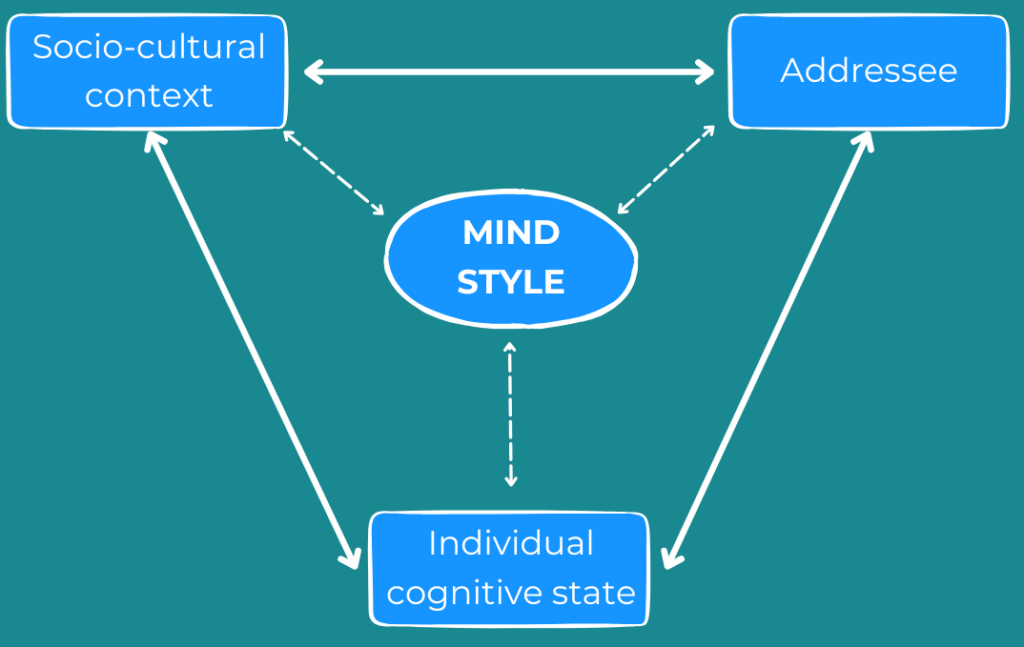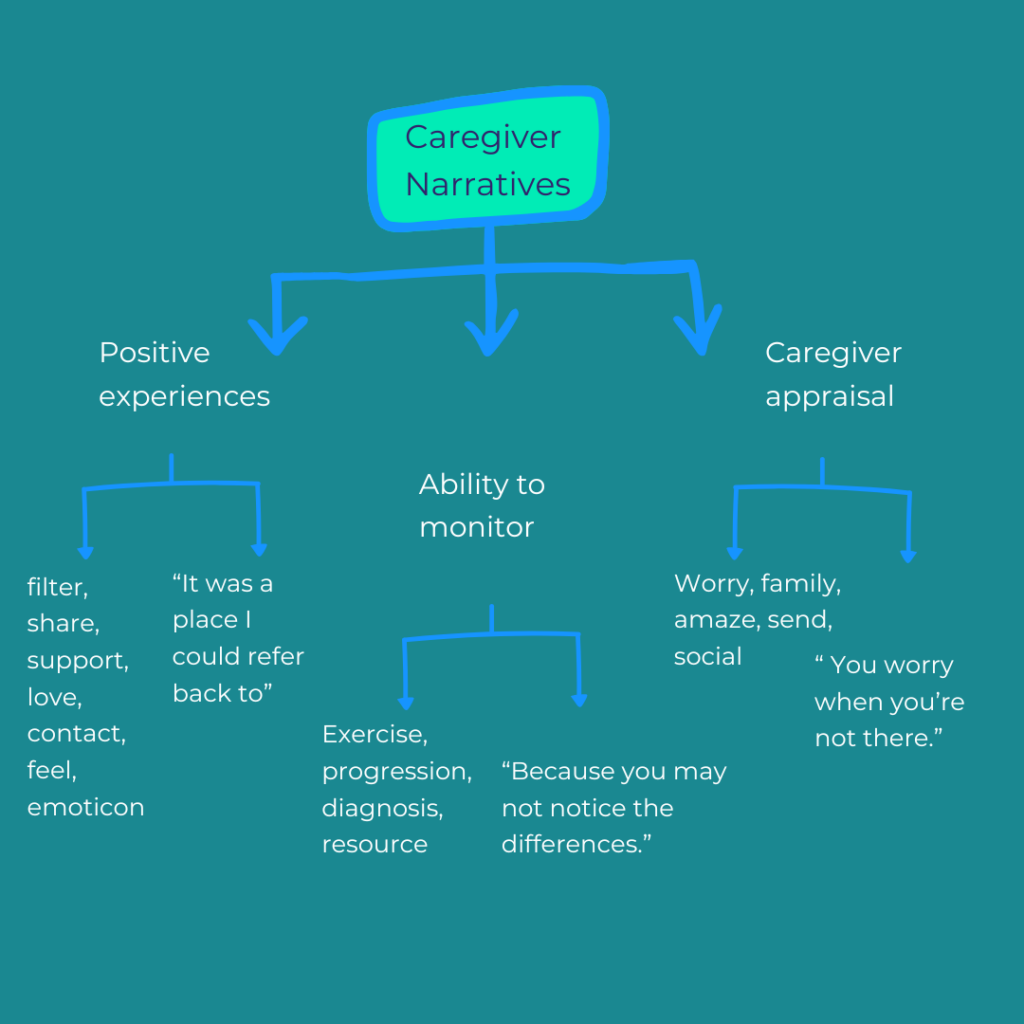The power of Computational Literary Studies for Medical Humanities
Integrated and ethical medicine is complex.
How do therapists and medical practitioners characterise the experience of illness, explore the ethical dimensions of medical processes, and help patients understand, connect and cope?
Literature can help.
Metaphors in Healing
Find the metaphors and stylistic devices in literature that resonate with patients to help them speak about their illness.
Literature and Bioethics
Examples in literature help us imagine the ethical implications of medicine by illustrating scenarios like genetic modification or pharmaceutical weight loss

Example: Identifying cognitive impairments
 The character of Christopher in The Curious Incident of the Dog in the Night-time answers police questions with either too much information or irrelevant details. His use of language shows that this is not intentional but evidence of “noticing everything” in his world.
The character of Christopher in The Curious Incident of the Dog in the Night-time answers police questions with either too much information or irrelevant details. His use of language shows that this is not intentional but evidence of “noticing everything” in his world.
Example drawn from Pillière, L. (2013). ‘Mind Style: Deviance from the Norm?’ , Studies in English Stylistics [Online], 19 February 2019. DOI: https://doi.org/10.4000/esa.1448
Mind Style

Using this CLS method enables analysis of linguistic patterns that represent a ‘mental self’ or world view. It can find resonances in knowledge, beliefs, values and attitudes or cognitive processes in fiction and autobiographical work.
Example: Dementia Stories
Using works of literature from a specific community, train an algorithm to find existing informal and formal support networks for dementia within that community on social media.
Topic Modeling is a CLS method that involves a digital search of a large corpus for commonly grouped words and phrases. It demonstrates the clustering of ideas and anlalyses how often and where they appear. This can extract sets of metaphors and themes that express the experience of illness.
Concept drawn from Yoon, S., Broadwell, P.M., Sun, F.F., Saguer, M.D., & Davis, N. (2023). ‘Application of Topic Modeling on Artificial Intelligence Studies as a Foundation to Develop Ethical Guidelines in African American Dementia Caregiving’. Studies in Health Technology and Informatics, 305, 541-544.
Topic Modeling

Collaboration
Medical professionals need strong collaboration with academics to inform how CLS tools can be used.
Influence
Narratives do influence perception and opinion. They should not obscure facts and intentions.
Accessibility
Users need to understand how to navigate the sheer quantity of literature.
Let literature tell your story.
For more details on tools, methods, training and more, check our Resources page or contact info@clsinfra.io!

Image credit: Storyset
Infographic concepts drawn from : ‘Understanding User Requirements beyond Academic Research. CLS Infrastructure (DARIAH): Deliverable 3.5’. 2024. https://www.youtube.com/watch?v=tonJrL7tZXI., https://zenodo.org/doi/10.5281/zenodo.13605872).
Projects referenced are noted above, and references include:
- Loganathar, S., Werner, N.E., Elliott, C., Zuraw, M., & Lee, J.D. (2023). ‘Qualifying the Quantified: Structural Topic Modeling Analysis of Engagement in Digital Health Platform for Dementia Caregivers’. Proceedings of the Human Factors and Ergonomics Society Annual Meeting, 67, 1875 – 1881.
- Pillière, L. (2013). ‘Mind Style: Deviance from the Norm?’ , Studies in English Stylistics [Online], 19 February 2019. DOI : https://doi.org/10.4000/esa.1448
- Semino, E. (2013) ‘Mind Style 25 years on’. Style, 41 | 2, 153-203.
- Yoon, S., Broadwell, P.M., Sun, F.F., Saguer, M.D., & Davis, N. (2023). ‘Application of Topic Modeling on Artificial Intelligence Studies as a Foundation to Develop Ethical Guidelines in African American Dementia Caregiving’. Studies in Health Technology and Informatics, 305, 541-544 .

